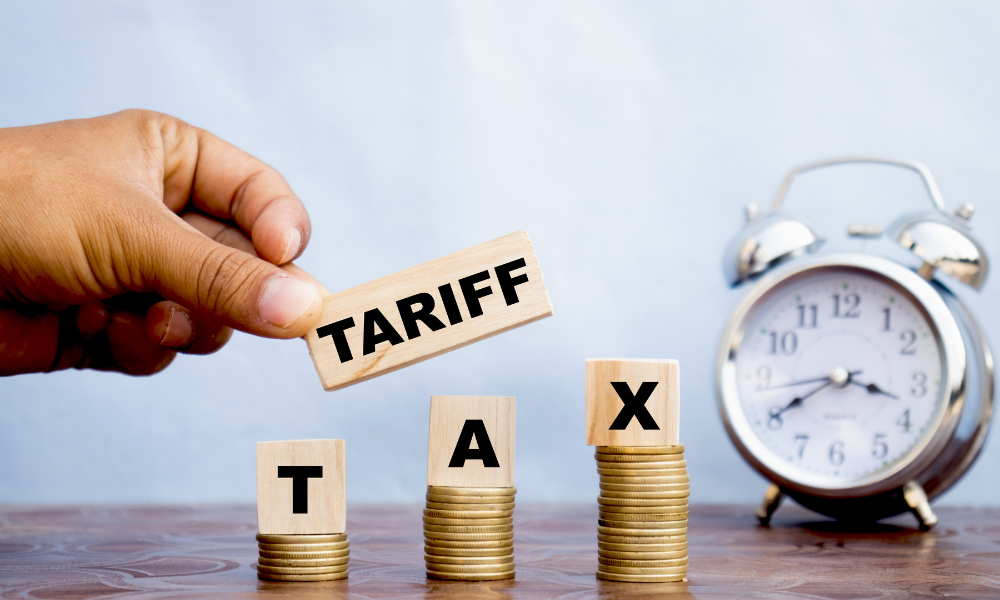KPMG in Canada recently conducted a survey revealing that ESG (Environmental, Social, and Governance) fraud poses a growing threat to Canadian businesses.
The survey involved 300 Canadian organizations that have been victims of fraud. According to the survey results, 24 percent of the respondents have encountered ESG fraud within the last five years, with some still addressing its effects.
The study highlighted the issue of ESG fraud, which includes the exaggeration or distortion of a company's environmental, social, and governance efforts or data. As organizations face mounting pressure to achieve ambitious sustainability goals, 89 percent of respondents reported intense scrutiny from stakeholders demanding evidence of progress on ESG targets.
Furthermore, 86 percent of the businesses surveyed expressed concern over the increasing risk of ESG-related fraud within their operations, and 81 percent worried about the potential for their organizations to inadvertently commit ESG fraud.
"The fact that stakeholders are demanding accountability for ESG performance is a positive factor for driving change, but unfortunately it can motivate – and already is motivating – some individuals or teams within organizations to misrepresent or inflate their sustainability and financial metrics for corporate or personal gain," said Becky Seidler, a partner in KPMG in Canada's forensic and dispute advisory practice.
According to KPMG, ESG fraud risks significant consequences, including financial loss, reputational damage, and potentially losing the social license to operate. Seidler emphasized the critical need for companies to establish robust controls to address the risk of ESG fraud, which can manifest in various forms, including falsifying carbon offsets, greenwashing, and misuse of ESG grant funds.
The report shows that 90 percent of respondents have an ESG compliance program, and 92 percent have anti-corruption compliance programs. Despite these measures, the evolving nature of ESG regulations necessitates continuous updates to compliance programs to mitigate fraud risks effectively. Seidler highlighted the challenges of loosely defined ESG metrics and the importance of qualified review and external assurance over ESG reporting.
The survey also revealed that ESG fraud is considered an emerging litigation risk by 89 percent of respondents. Conor Chell, KPMG in Canada’s national leader of ESG Legal Risk and Disclosure, warned of the litigation risks companies face if activists or investors discover inconsistencies in ESG disclosures.
"Companies can guard against ESG litigation risk by proactively and comprehensively identifying the sources and types of ESG legal risk that could exist internally, as well as external factors that span well beyond the four corners of a company's ESG report," Chell concluded.





